Helping your (grand)children to buy a home: what are the options?

Keytrade Bank
keytradebank.be
June 28, 2024
(updated June 26, 2025)
3 minutes to read
Buying a first home has become very difficult for young house hunters without turning to their (grand)parents for help. What are the options?
240,000 euros for an apartment and 290,000 euros for a house: these are the median house prices in Belgium (2024). For people in their twenties and thirties, buying a home is no longer an obvious choice. House prices keep rising and interest rates are now much higher than they were a few years ago. To get a home loan today, you need to be able to present a significant amount of savings first.
Parents and/or grandparents who have more financial flexibility often play a decisive role. There are several ways to help their (grand)children get on the property ladder.
1. Loan to a (grand)child
It is perfectly possible for parents or grandparents to lend money to their (grand)children. They can do so in the form of an interest-free loan or a loan with interest. A loan can be a good option if the (grand)parents do not (yet) have the willingness or financial capacity to gift money.
The benefit for the younger generation is that the interest rate owed to their (grand)parents will very likely be lower than the bank’s rates. This is particularly the case now that interest rates are higher, meaning that calling on the bank of mum and dad (or granny and grandad) can appear very appealing.
As with a bank loan, a loan to family members is based on clear agreements. For amounts over 3,500 euros, there is a legal requirement to draw up a written agreement. This is not an unnecessary luxury, as there is always a possibility the relationship will turn sour or the (grand)parents will die. There is no limit on the amount that (grand)parents can lend.
What should the agreement include?
You can draw up the agreement yourself. The assistance of a notary is not required, although it certainly does not hurt to seek a notary's advice or to have the document notarised. The advantage of creating an agreement with a notary is that this immediately gives the (grand)parents an enforceable document, so they do not have to obtain a court judgement if the child fails to repay the loan. A notary can also advise the (grand)parents if the child has a partner and the (grand)parents want that partner to be jointly responsible for repaying the loan.
The agreement should always include the following information:
- Name and address of the parties
- The borrowed amount in digits and written out in full
- Confirmation from the borrower that they have received the borrowed amount
- The loan term (without a term, the creditor can claim back the money at any time!)
- The interest rate and possibly any late payment interest
- A clause stating that the money loaned is payable immediately in the event of default
- Payment instructions
- The reason for the loan (purchase of a property) – otherwise, the child can spend the money at their own discretion
- The number of copies in which the agreement has been drawn up
- Place and date of signature. The name and signature must be handwritten
Repayments are best made by bank transfer. This gives both parties proof of payment. The repayments can also be made in cash, but in that case the (grand)parents should always draw up a receipt.
Good to know: if interest is due, the (grand)parents are required to pay a 30% withholding tax on the interest received. The (grand)parents must declare this in their personal income tax. If the loan is interest-free, no withholding tax is payable.
Cancelling the debt
(Grand)parents can decide to cancel the remaining debt at any time. In that case, the remaining balance is regarded as a gift. There are two ways of cancelling the debt/gifting the money: you can do so with a notarised deed or with a private deed that does not require the involvement of a notary (see below).
(Grand)parents can also cancel the debt in their will. Please note that in this case, the remaining balance will be included in the inheritance and will be subject to inheritance tax. Suppose that the (grand)parents have died and the child still has to repay 50,000 euros. In that case, those 50,000 euros will be included in the estate, and the child will pay inheritance tax on them.
2. Gift to a child
A gift means that the parents give the child a sum without expecting it to be paid back. It is important to know that a gift is generally irreversible and therefore cannot be undone. The money can only be recovered in very exceptional cases. If you want more control, you can of course put certain conditions on the gift.
There are two ways to gift money: by notarised deed or by bank transfer.
• A gift by bank transfer. This means you are transferring the money to the child’s bank account. You will not have to pay any gift tax on this amount, and you will not have to involve a notary. However, if the person gifting the money dies within three years (Flanders) or five years (Brussels or Wallonia) of the gift, the beneficiary will still need to pay inheritance tax on the gift.
Do not mention that the payment is a gift on the bank transfer. This would breach the formal requirements and may cause the gift to be considered null and void!
If you gift money by bank transfer, you need to draw up a ‘pacte adjoint' or deed of gift. In this document, the person gifting the money declares that they have gifted the money and the person receiving the gift declares that they have accepted the gift and any terms and conditions. It is important to write the entire deed of gift in the past tense. Keep this document and the account statement in a safe place, as the tax authorities may request it if the person gifting the money dies.
• A gift by notarised deed.
The notary draws up and registers a deed for your gift. In this case, the gift is subject to gift tax: 3% in Flanders and Brussels and 3.3% in Wallonia. A major advantage is that in this case, inheritance tax is generally no longer due if the person gifting the money dies within three or five years. Good to know: the gift tax is always less than the inheritance tax. Anyone who wants to play it safe should therefore go with a notarised deed of gift. If you paid the gift by bank transfer, you can still have it registered later if you want (and pay gift tax on it).
If you have several children, you should be aware of the so-called reserve. Once you shuffle off this mortal coil, in Belgium all your children together are always entitled to half of your estate (each receiving an equal share). Money gifted during your lifetime will be settled in your estate. If the gift favours some children over others, the children who are at a disadvantage may claim some of the higher amount received by the other child or children.
3. For grandchildren: contribution to a third party
Grandparents can also gift money directly to their grandchildren (although they also have to take into account the reserve: they cannot simply cut out their children). If grandparents want to give a grandchild a helping hand, this can be a particularly sensitive endeavour if there are several grandchildren or if the grandparents' children do not all have the same number of children. This can cause tension between the different family branches. To keep things equal between all branches, grandparents can gift money by making a 'contribution to a third party'. In that case, the money they gifted to the grandchild will be deducted from the inheritance of the grandchild’s parent in the event of the grandparents' death (see below for an example).
In order to do this, the parties involved must have a succession agreement drawn up by a notary. In such an agreement, the parent of the grandchild receiving the gift agrees that the gift of the grandparents to the grandchild will be deducted from the parent’s inheritance. The gift to the grandchild is then deducted from the inheritance of their parent. The gift is subject to gift tax (3% or 3.3%), but this arrangement ensures that no conflict will arise between the children because one grandchild is favoured over another child/grandchild.
Suppose you have two daughters: Melanie and Heidi. Melanie has two children and Heidi has one. As a grandparent, you want to gift 50,000 euros to Heidi’s only child, but you do not want to gift anything to Melanie’s children. Melanie’s children are 18 and 19 years old and have no idea yet “what they really want in life”. Heidi’s child is 27 years old. She wants to buy an apartment and could use some support. If you gift 50,000 euros to Heidi’s child, you disrupt the equality between Melanie and Heidi. However, if you make a 'contribution to a third party', you can gift money to Heidi’s child and still observe the equality rule. That is because Heidi will give up 50,000 euros of her inheritance in the event of your death. That way, Melanie (and therefore also indirectly her two children) will get 50,000 euros more than Heidi.
Are the (grand)parents on board already?
Other articles that might interest you

ChatGPT as financial adviser: reliable or not?

Why a child deserves pocket money
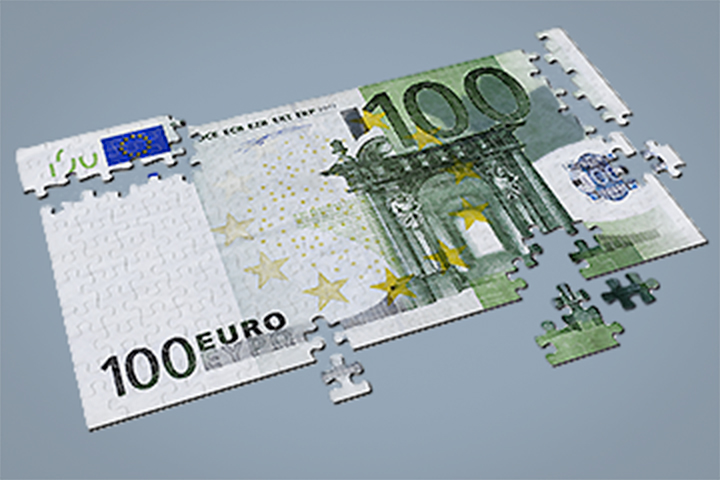
14 surprising savings ideas

What is interest and what does it have to do with your savings account?

How much money do you have – without knowing it?

Planning to live together or get married? What this means if your partner is in debt...

What can you do if you find a hidden defect in your home?
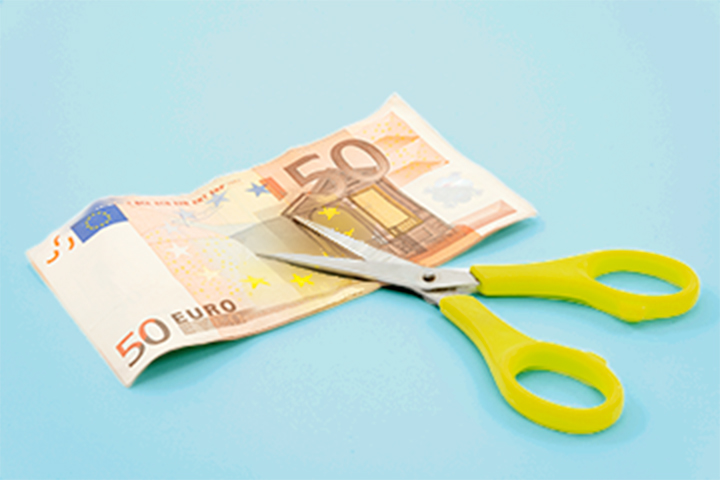
Capital gains tax: how will it affect your portfolio?

Will AI replace human investment advisers?

Gifting money: register or take the risk?

Think twice before entrusting your will to ChatGPT

Graph of the week: Industry has not succumbed to Trump!
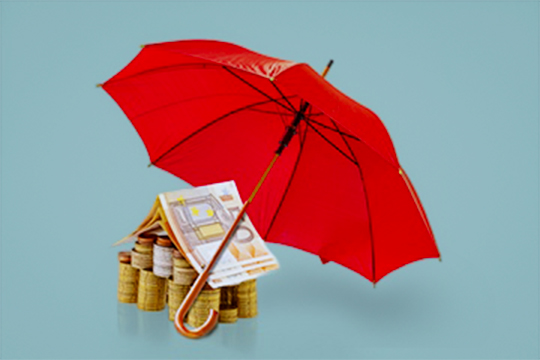
When you are taking out a mortgage, make sure to take out this free insurance

Buying or renting after you turn 50: which option is best for your future plans?

Belgium becomes a global player in healthcare real estate
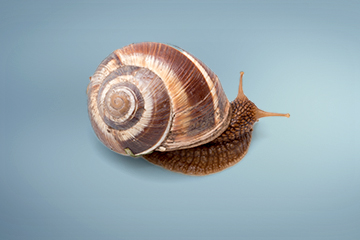
Why you can take out a home loan too as a single person
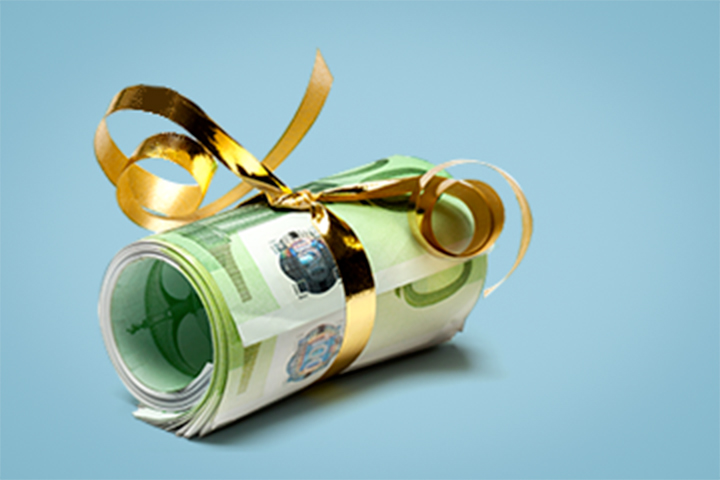
Gift or inheritance? Avoid these 3 big pitfalls (and any unnecessary tension)
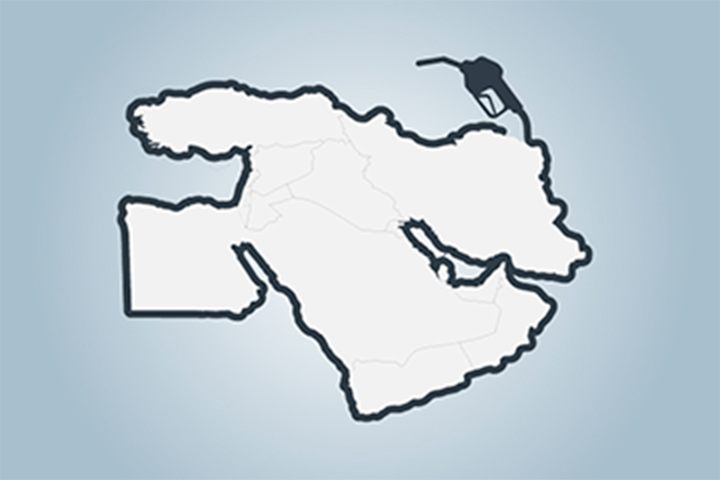
Risks and opportunities in the energy sector
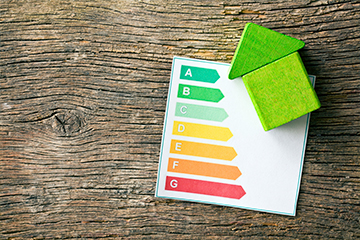
Don't forget to include your EPC in your credit application

New reductions in stamp duty for home buyers

Is a buy-to-let property a smart investment?

10 tips for the novice property investor

Planning renovations? Which renovation grants are you (still) entitled to?

Investing in your partner’s home? Don’t make these mistakes!
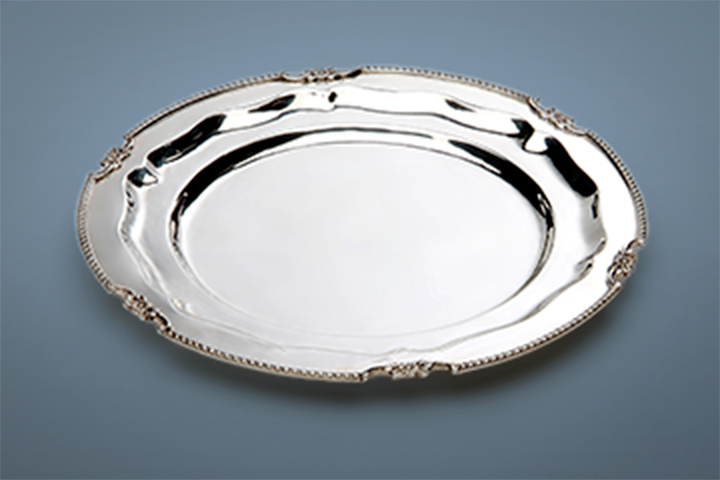
After the gold rally, is it silver's turn?

Why the S&P 500 does and does not have a problem

Investing in future index constituents: opportunities and pitfalls
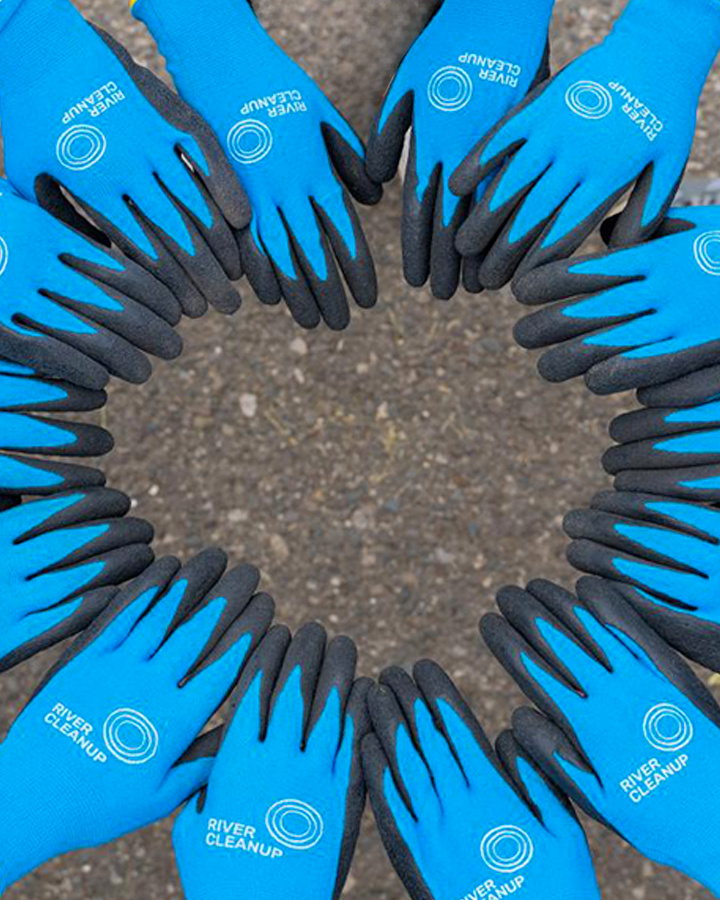
World Cleanup Day

Ever heard of the Zweig Breadth Thrust?
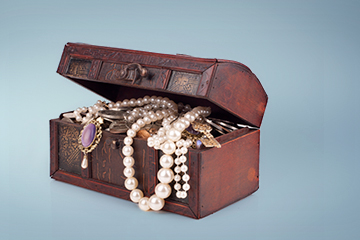
No children yet, but planning to have some? Here's how you can settle your inheritance

Humanoid robots: hype or golden opportunity for investors?

Defensive shares as a buffer?

US shares no longer number one!

One inheritance at multiple times: contingent legacies

Will there be a recession in the US?

As cruise companies gather steam, are their shares doing the same?
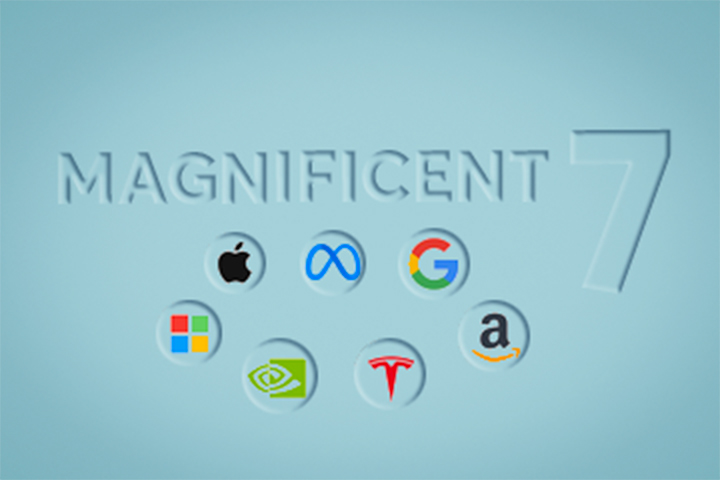
Have the Magnificent 7 lost their magic?

What costs are involved in buying a home?

Are European bank stocks experiencing a renaissance?

Has the obesity trade peaked?

How to invest in AI after the DeepSeek bomb

Married, cohabiting or in a non-cohabiting relationship: the impact on gifts and legacies
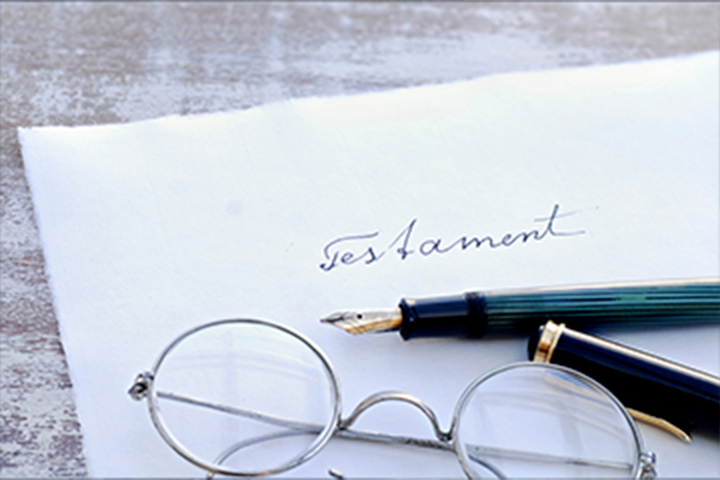
Writing your own will? Avoid these 10 mistakes

Want to fit in a gift before the end of the year and avoid paying gift tax?

Investors missed out on many great opportunities in 2024

40 years of pension savings: what will you spend it on (literally)?
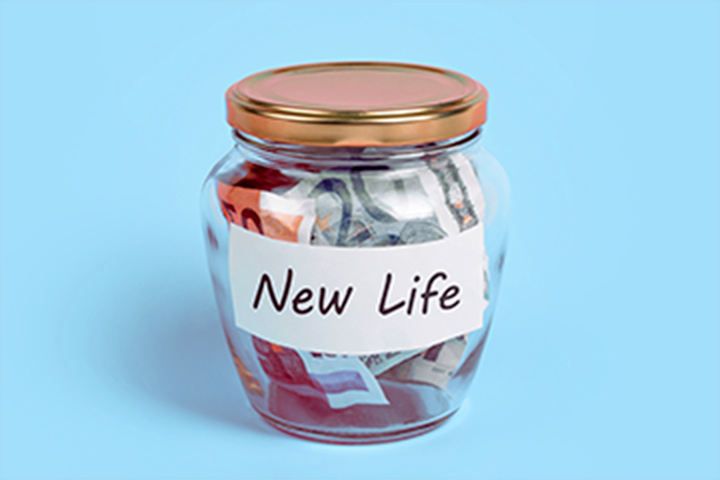
From FOMO to ZERO bank account? 5x pension savings to the rescue
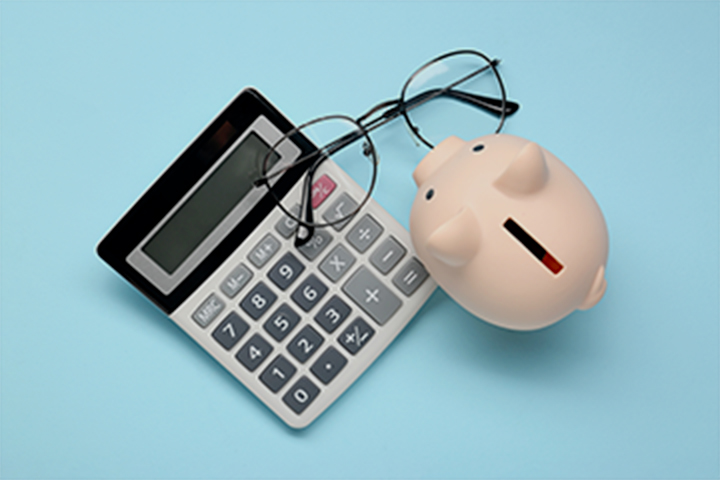
Pension savings returns: these choices give the maximum payout
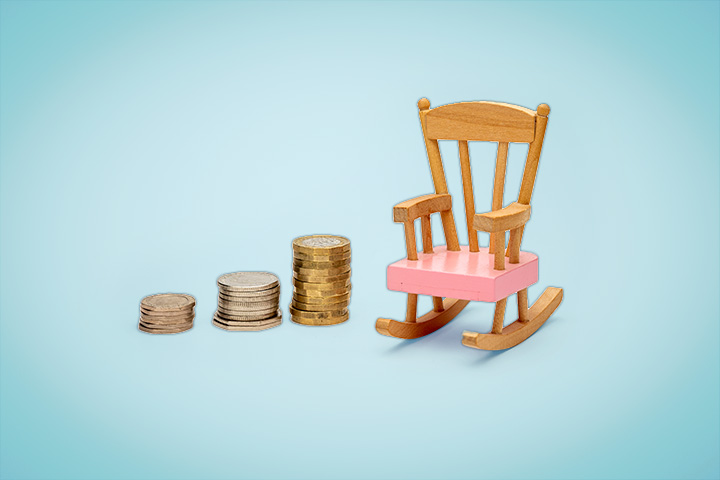
Lifetime pension savings: the sooner you begin, the more you rake in

What if pension savings were like a dating app?
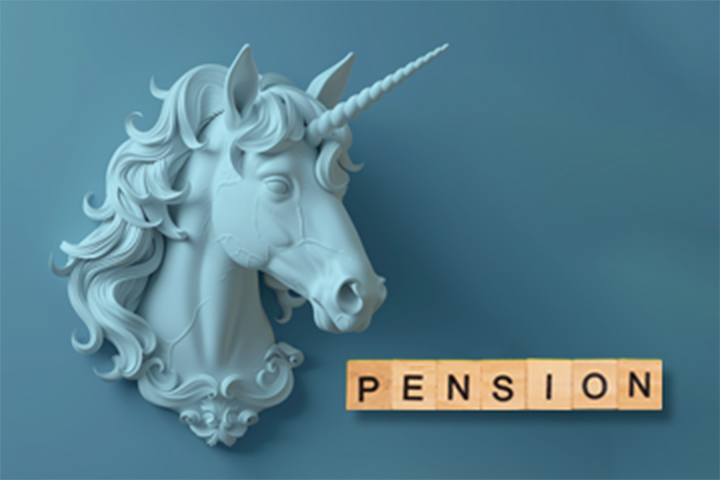
Myth busters: 5 myths vs. facts about pension savings

Pension savings: save the grey hair for later

Why pension planning is even more important for women

United States 1, Everyone Else 0
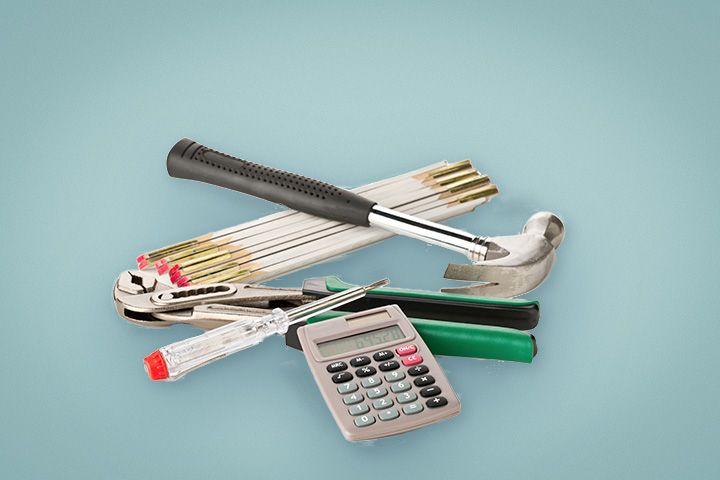
Which loan is the best fit for your renovation project?

When should you start investing? Seven potential key moments in your life

FIRE: how hot is this financial trend and how does it work?

How can you teach your child to save? 12 tips

Are there shortcuts to becoming financially independent?

A potential worldwide trade war is claiming European victims

Ever thought of investing in the pet industry?
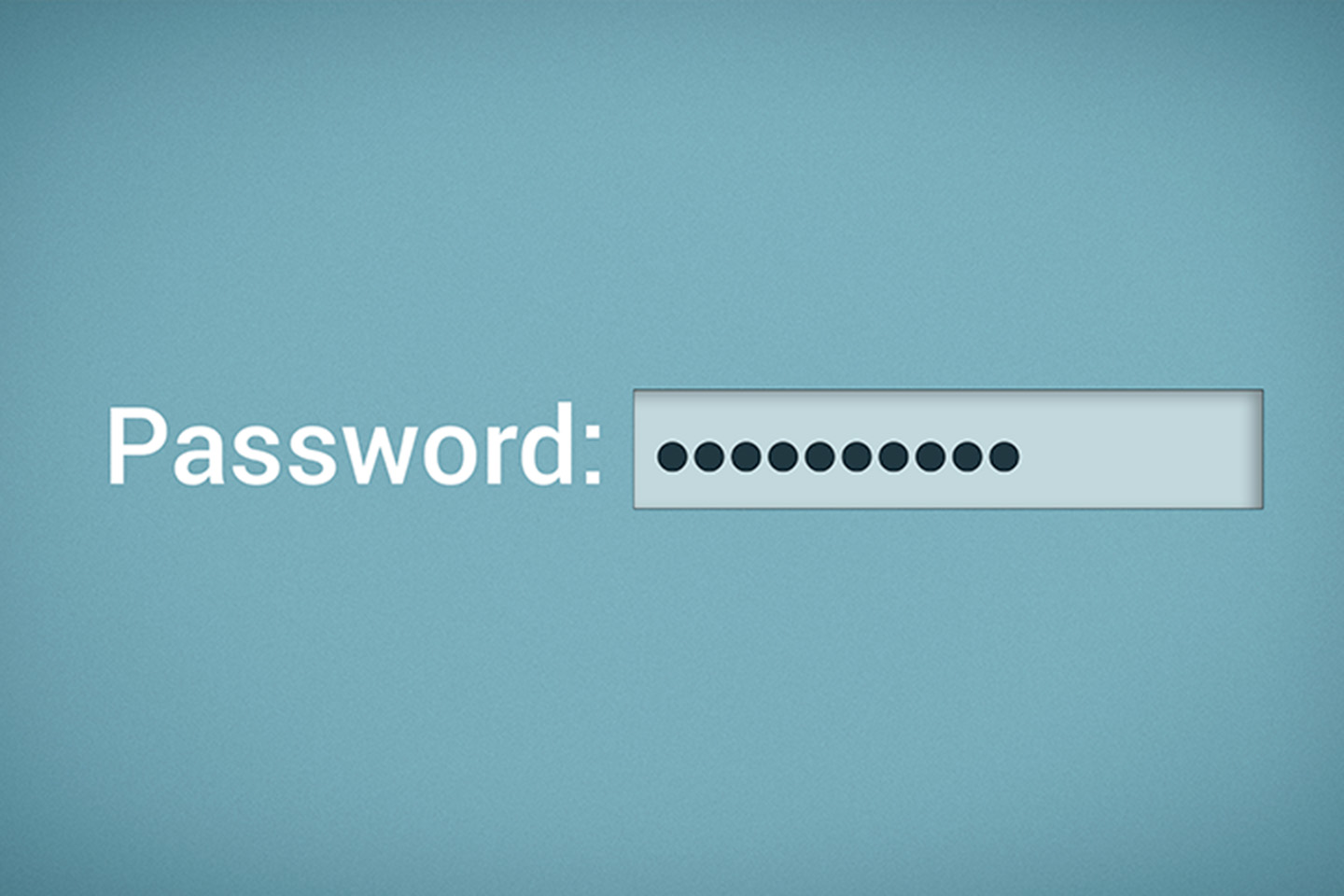
Have a password manager on your cybersecurity checklist yet?

Have long-term interest rates once again started a 40-year uptrend?

Democrats or Republicans: which party is better for your investments?

Scam letters are back (even though they never really went away)

Graph of the Week: Magnificent 7 vs 2000s Tech Bubble

Investing at new highs is an elevated idea

Untaxed side jobs: what is allowed and what is not (any more)?

Who's who at Keytrade Bank? Who answers the phone when you call us?

Who's Who? Visiting IT

Would it be better to buy a student room than rent one?

House flipping: is it worthwhile?

Basic interest rate and loyalty bonus: what does your savings behaviour say about you?

Why high dividend yields can be a poisoned chalice

3 ways to invest when you don't have much time.

Watch out for recruitment scams

Is it time to invest in Chinese stocks again?

How do you select an investment fund for your child?

Secure online banking: how can you protect your finances?

Will ultra-low interest rates make a comeback? Probably not…

Robotics: From science fiction to science

Are money market funds an attractive investment?

Is it the right time to invest in bonds?

Stock market records: some down-to-earth advice on how to respond to dazzling heights

Have you ever thought about investing for your children?

Online dating scams: tips to protect yourself

How can you invest in space travel?

New in Flanders: interest-free loans for renovations

Shopping online: 7 tips and points to consider

Five myths about sustainable investing
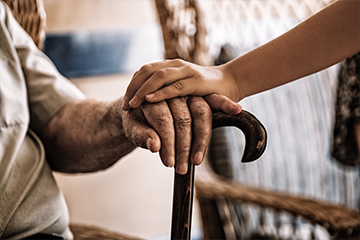
How can you invest in an ageing population?

How do elections affect the stock market?

8 questions and answers about holding companies

Nigeria: a new hot spot for adventurous investors?

Looking back on 2023

Investing in emerging markets: are investment funds a smarter buy than trackers?

Watch out, danger's about

The advantages and disadvantages of contactless payment

Read this before you scan another QR code

Good positional play is important!

Is India the new China?
Which sectors should remain overweight following the latest rate hike?

Padel has got a new doubles partner with Keytrade Bank

8 timeless rules for investors

Don't forget to make arrangements for your digital estate

How to navigate a relationship with lopsided incomes?

Avoiding and dealing with conflicts on financial matters: a guide

1 account for the both of you? Or separate accounts? Or a combo?

What is the difference between a tracker and a fund?

6 things you need to know about your Keytrade Bank credit card

A Keytrade Bank Nature Trail? Yes, please.

How to buy real estate with your supplementary pension (even though you have not retired yet)

Who's who at Keytrade Bank? Data first

Is tighter monetary policy acting as a brake on the stock market upturn?

How can you donate or leave a legacy to a charity?

As close as possible to staff

Belgian traders tempted by American stock market rush and Reddit investors

Getting nervous about the stock market? Take a look at the 200-day moving average

A Keytrade Bank Nature Trail? Yes, please.

With or without the coronavirus: why green investing remains just as relevant as before

Impact investing: sustainable investments with that little bit more

Sustainable investing: what, why and how?

How can you make an investment portfolio inflation-resistant?

How much additional income are you allowed to earn as a pensioner?
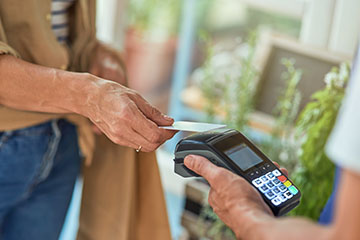
CARD STOP has a new number! 078 170 170

This is what the tax authorities know about your money

Investing in dividend shares: what to look for?

Hate budgeting? This is your guide to budgeting

No group insurance plan? What are the alternatives?

Can countries go bankrupt?

Which investment style and which regions would benefit from renewed growth in interest rates?

Which shares will be the rising stars once interest rates start increasing again?

10 things you can do within a day to improve your financial health

Cohousing rules

Baby on the way? Make sure your finances are ready for it, too

How to protect your capital in the event of a divorce

How to include your grandchildren in your inheritance planning: 8 questions and answers
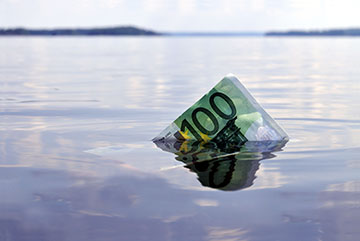
Rising debt: is it a problem?

How safe are contactless payments?

Funds and trackers: do you opt for capitalisation or distribution?

Rent or buy? How to use the price-to-rent ratio

What do I do to balance my investments?

CARD STOP has a new number! 078 170 170

Talking to your family about legacy: how to get started

Stock market versus bricks and mortar: 1-0

On the way to a society without cash?

Buying a second residence: with savings, investments or a loan?

A must read for when you spotted a second-hand bargain online

Always have a megatrend in your portfolio

The lazy marathon investor

Are you investing really globally with a tracker on a world index?

Are we heading into a year-end rally by the stock markets?

Coronablog de Geert Van Herck: La panique atteint des sommets… énième épisode

Blended family: shared savings account or keep things separate?

Tips from an expert: how to keep your passwords safe

Coronavirus blog by Geert Van Herck: S&P 500 indicates a positive trend

What retirement pension will you get later?

How can we cope with financial stress?

Gift or inheritance: which is the most tax-efficient?

Making an offer on a property: what should you look out for?

Swapping your car for a bike: how much money could you save?

Afraid of causing Ferrari or hammock syndrome? This is how you can make a gift and stay in control

Are trackers the latest bubble on the financial markets?

Going for gold? Gold is apparently going for it.

















































































































































